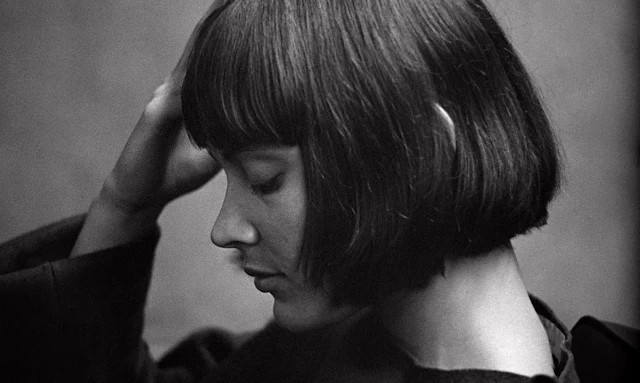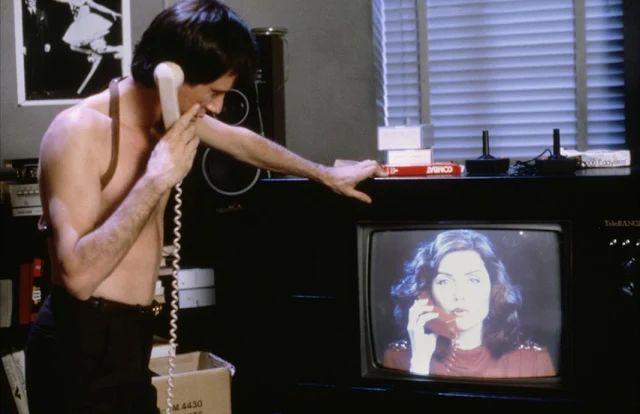Cast: Vincent Cassel, Diane Kruger, Guy Pearce, Sandrine Holt, Elizabeth Saunders, Jennifer Dale, Eric Weinthal, Jeff Yung, Ingvar Sigurdsson. Vyslav Krystyan, Matt Willis, Steve Switzman. Screenplay: David Cronenberg. Cinematography: Douglas Koch. Production design: Carol Spier. Film editing: Christopher Donaldson. Music: Howard Shore.
David Cronenberg's The Shrouds is a film for those who think we've made a Faustian bargain with technology, or that no good invention goes unpunished. Not that the invention by Cronenberg's protagonist, Karsh Relikh (Vincent Cassel), is necessarily a good one. I, for one, can't imagine enough people wanting to see their loved one rotting in the grave to warrant investment in a technology that allows them to do that. But take that premise for what it is: a way of commenting on the downside of any new so-called technological advancement, from the internal combustion engine to the atomic bomb to artificial intelligence. The point of Cronenberg's story, told through horror movie tropes, is that the human factor, lust and greed, pervades any attempt to transcend human limitations. As a movie, it's not especially satisfying, given that Cronenberg hasn't created any characters that elicit our sympathies. But as a fable, it has a dark power and truth.


















